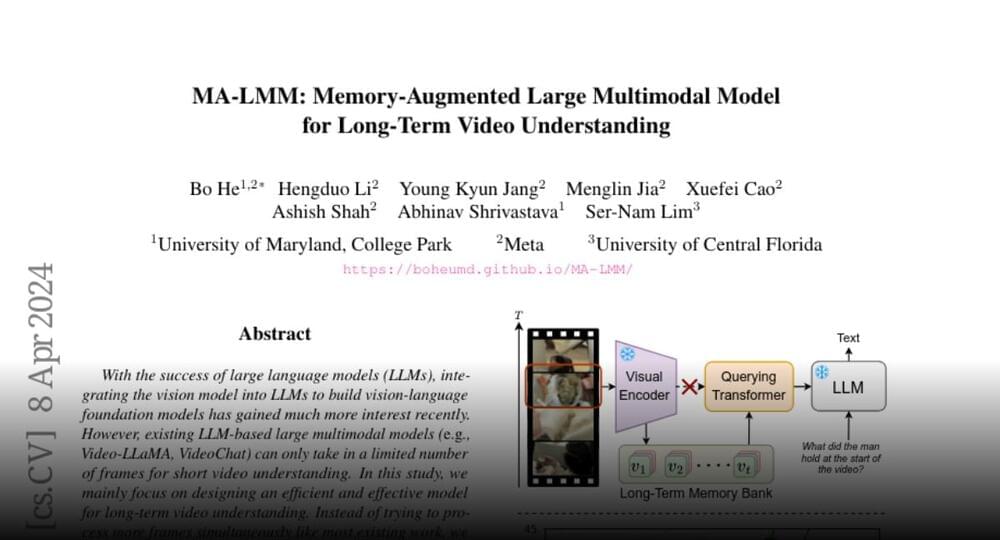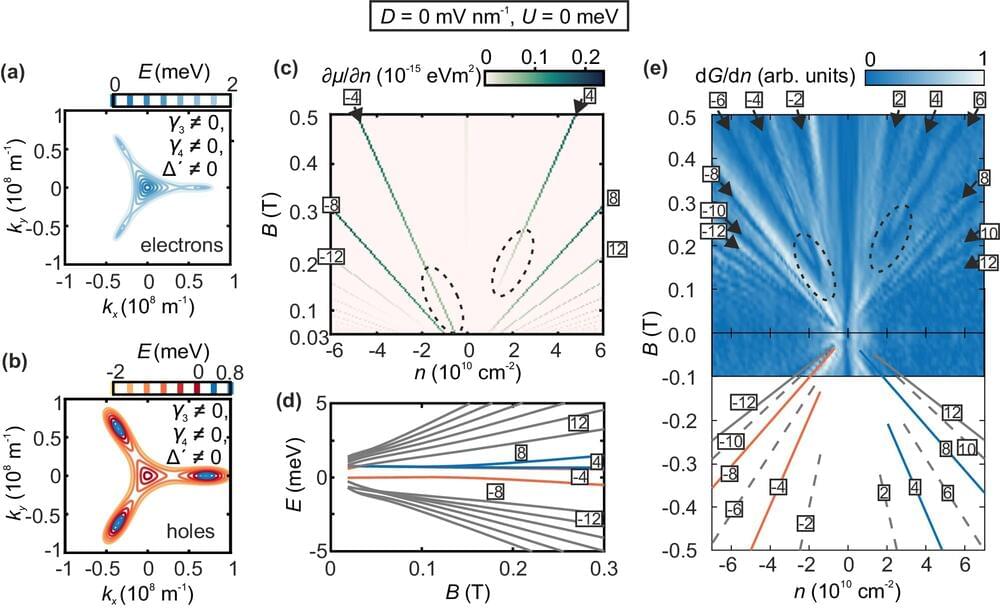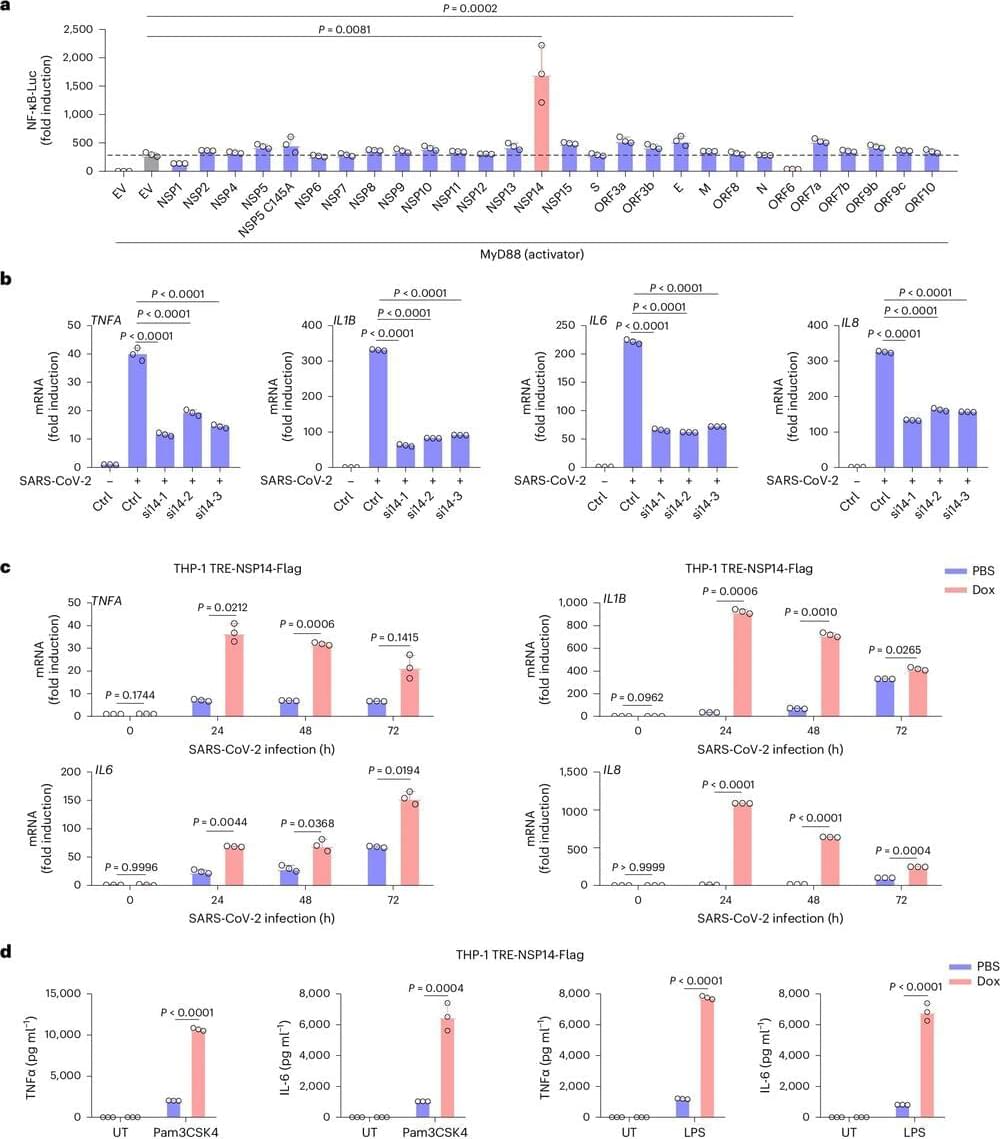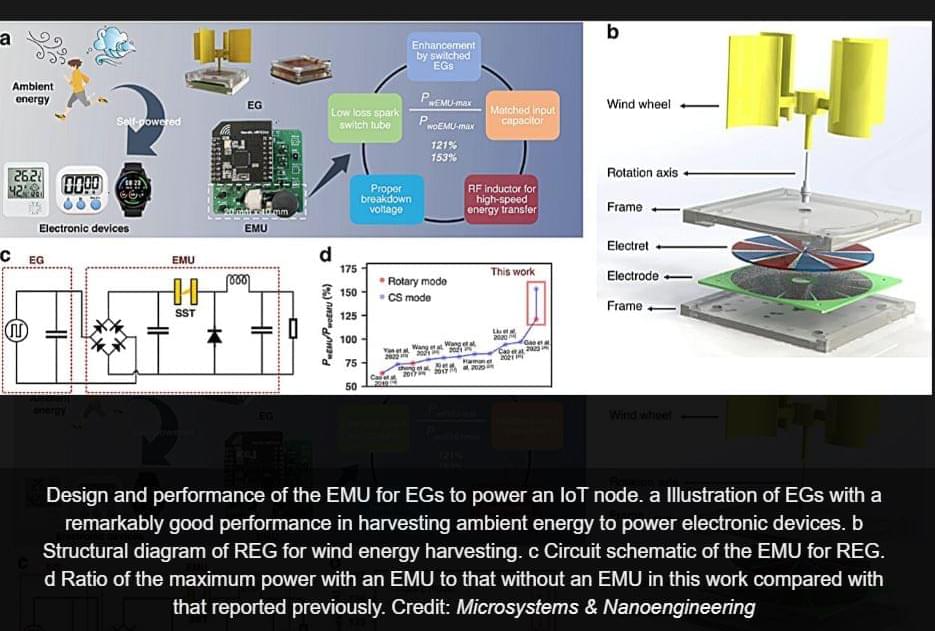Atlas lies motionless in a prone position atop interlocking gym mats. The only soundtrack is the whirring of an electric motor. It’s not quiet, exactly, but it’s nothing compared to the hydraulic jerks of its ancestors.
As the camera pans around the robot’s back, its legs bend at the knees. It’s a natural movement, at first, before crossing into an uncanny realm, like something out of a Sam Raimi movie. The robot, which appeared to be lying on its back, has effectively switched positions with this clever bit of leg rotation.
As Atlas fully stands, it does so with its back to the camera. Now the head spins around 180 degrees, before the torso follows suit. It stands for a moment, offering the camera its first clear view of its head — a ring light forming the perimeter of a perfectly round screen. Once again, the torso follows the head’s 180, as Atlas walks away from the camera and out of frame.








